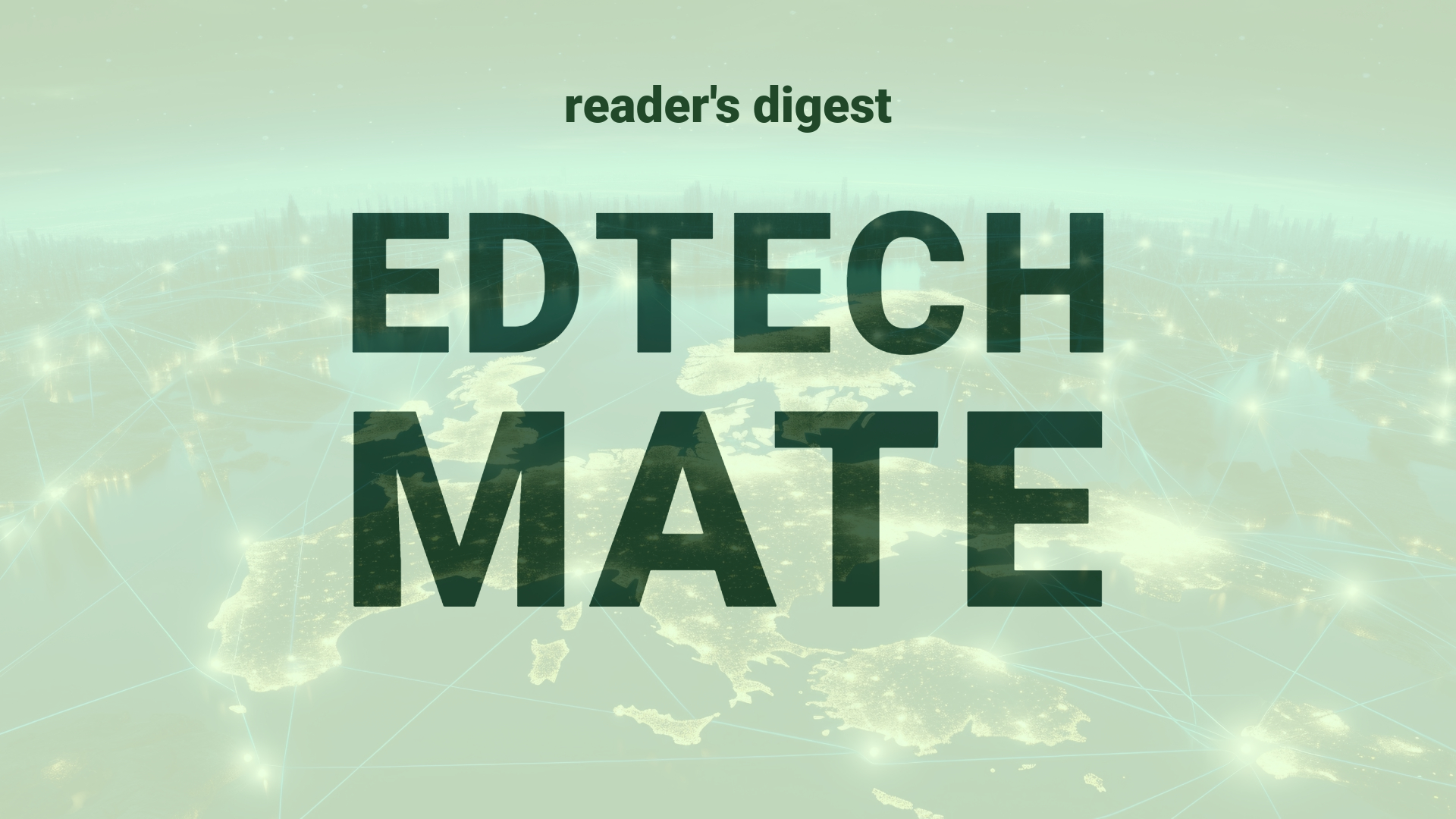Executive Summary and Main Points
Generative AI (gen AI) is revolutionizing the enterprise technology landscape, including a significant impact on IT service providers like system integrators (SIs) and managed services providers (MSPs). Contrary to initial concerns, gen AI promises a lucrative future for providers that can adapt by offering new services in response to evolving enterprise demands. An estimated market opportunity exceeding $200 billion for gen AI/AI services by 2029 is forecasted, potentially increasing providers’ profitability by up to 30 percent. This shift necessitates the reinvention of service offerings, go-to-market strategies, and talent acquisition to stay relevant in the gen AI era.
Potential Impact in the Education Sector
Gen AI’s introduction to the education sector, particularly Further and Higher Education as well as Micro-credentials, can trigger a transformation powered by strategic partnerships and digitalization. Further Education may leverage AI for enhanced operational efficiency, personalized learning experiences, and advanced assessment techniques. In Higher Education, gen AI could both enhance research capabilities and improve administrative processes, while enabling innovative pedagogical methods. Micro-credentialing could become more adaptable and tailored, with AI facilitating on-demand educational content and validation processes. Ultimately, gen AI is poised to become a cornerstone of educational digital transformation, contributing significantly to the sector’s evolution.
Potential Applicability in the Education Sector
Innovation in AI and digital tool application is set to impact global education systems. These innovations include AI-driven analytics for data-informed decision-making, adaptive learning platforms that individualize the educational journey, and AI-powered research assistance tools. AI can streamline administrative processes, support academic integrity, and enable the creation of micro-credentials that align with industry demands and learner profiles. The adaptability of AI means that these tools can be tailored to different global contexts, offering scalable and customized solutions to educational institutions worldwide.
Criticism and Potential Shortfalls
Despite the promising innovations, a critical analysis suggests potential shortfalls such as ethical concerns with AI decision-making processes, the need for transparency, and cultural sensitivities in content curation. International case studies reveal how varying regulatory environments and cultural norms shape AI’s implementation in education. For example, European institutions may tackle AI adoption differently from their Asian counterparts, considering diverse regulations on data privacy and ethical standards. The challenge lies in balancing technological advancement with responsible use, ensuring equity, and maintaining cultural relevance in educational content and practices.
Actionable Recommendations
For the effective incorporation of technologies in international education, leadership should consider forming alliances with AI service providers experienced in the educational domain. Investing in staff development to align with gen AI capabilities is crucial. Institutions should begin with small-scale pilot projects that focus on pressing needs like student engagement or resource optimization before expanding. A strategic plan for gradual digital transformation, using AI to enrich learning and operational efficiency, can pave the way for successful integration that harmonizes with institutional goals and global education trends.
Source article: https://www.mckinsey.com/industries/technology-media-and-telecommunications/our-insights/tech-services-and-generative-ai-plotting-the-necessary-reinvention

